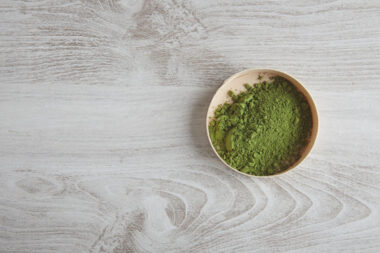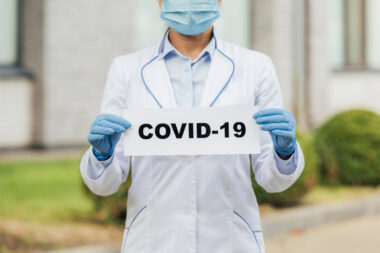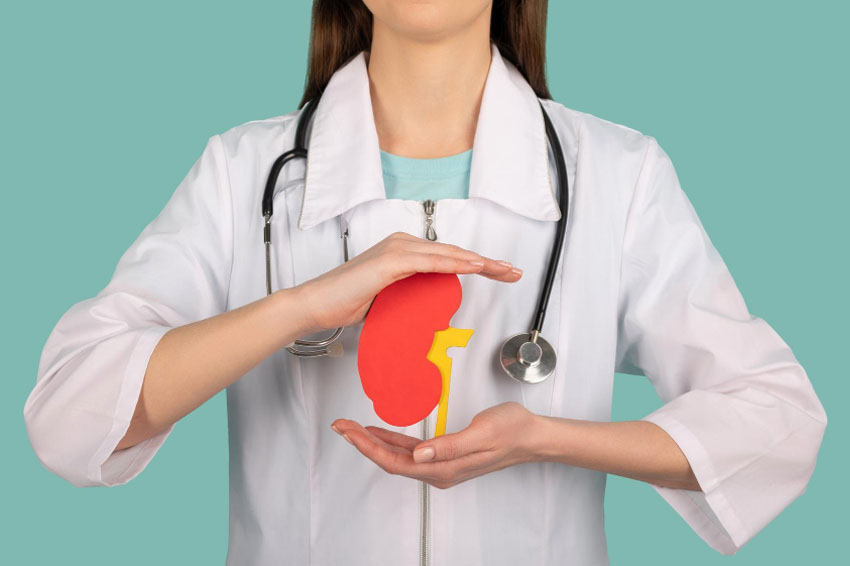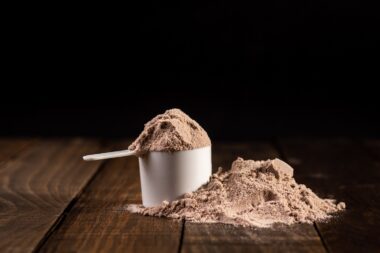Renal stones not only cause excruciating pain, but they have also been related to chronic kidney disease, cardiovascular disease, and osteoporosis. After having a kidney stone for the first time, there is a 40% chance of having another one within 4-5 years.
Changes in diet are usually suggested to prevent recurring kidney stones. Unfortunately, there are few studies comparing dietary adjustments for people who have one incident of kidney stone production to those who have recurring occurrences.
A study was conducted by researchers to investigate the influence of dietary alterations. The findings show that eating potassium and calcium-rich foods can help avoid recurring kidney stones.
Dietary variables were determined using a questionnaire filled by 511 people who had first-time kidney stones and a control group of 484 people. Reduced dietary potassium and calcium consumption, as well as lower fluid, phytate, and caffeine intake, are connected to an increased risk of developing a first-time kidney stone, according to the results.
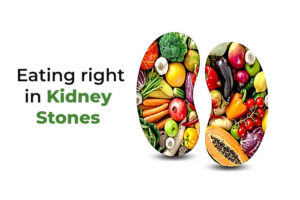
Caffeine with low fluid consumption can result in decreased urine volume and an increase in urine concentration, which can contribute to stone formation.
Phytate is a chemical present in nuts, whole grains, and other foods that can improve calcium absorption and urine calcium excretion.
Within an average of 4.1 years of follow-up, 73 of the people who had their first stone had recurring stones. Lower dietary potassium and calcium levels were observed to predict recurrence.
According to the researchers, these dietary findings might be noteworthy since kidney stone prevention guidelines have previously been based mostly on dietary components associated with first-time stone development rather than recurring stone formation. Individuals are unlikely to adopt dietary adjustments to avoid the incidence of kidney stones, but they are more likely to make adjustments if they can help prevent the return of kidney stones.
Also read: Is a Low-Fat Diet a Healthier Option?
The research found that consumption of less than 3,400 daily milliliters, or around nine 12-ounce glasses, is associated with the production of first-time kidney stones, as well as coffee and phytate consumption. Vegetables and fruit eating are included in daily fluid consumption.
When compared to fluid consumption, low dietary potassium and calcium were more key indicators of repeated kidney stones. This is not to argue that drinking enough fluids isn’t necessary. The researchers simply did not discover any benefits to increasing fluid consumption in people who had a history of kidney stones.
The study concluded that diets containing 1,200 milligrams of calcium per day might help prevent both first-time and repeated kidney stones. Although a greater potassium intake is advised, the USDA does not prescribe daily potassium consumption.
The conclusion is that people should consume more potassium and calcium-rich vegetables and fruits in their diets. Apricots, honeydew melons, cantaloupes, grapefruits, oranges, and bananas are all potassium-rich fruits. Zucchini, cucumbers, potatoes, peas, and mushrooms are potassium-rich veggies.
Thumbnail Credit: Freepik

Anvi has done Bachelor’s and Master’s in Nutrition and Dietetics. She’s planning to do a Ph.D. in Public Health Nutrition moving forward.












